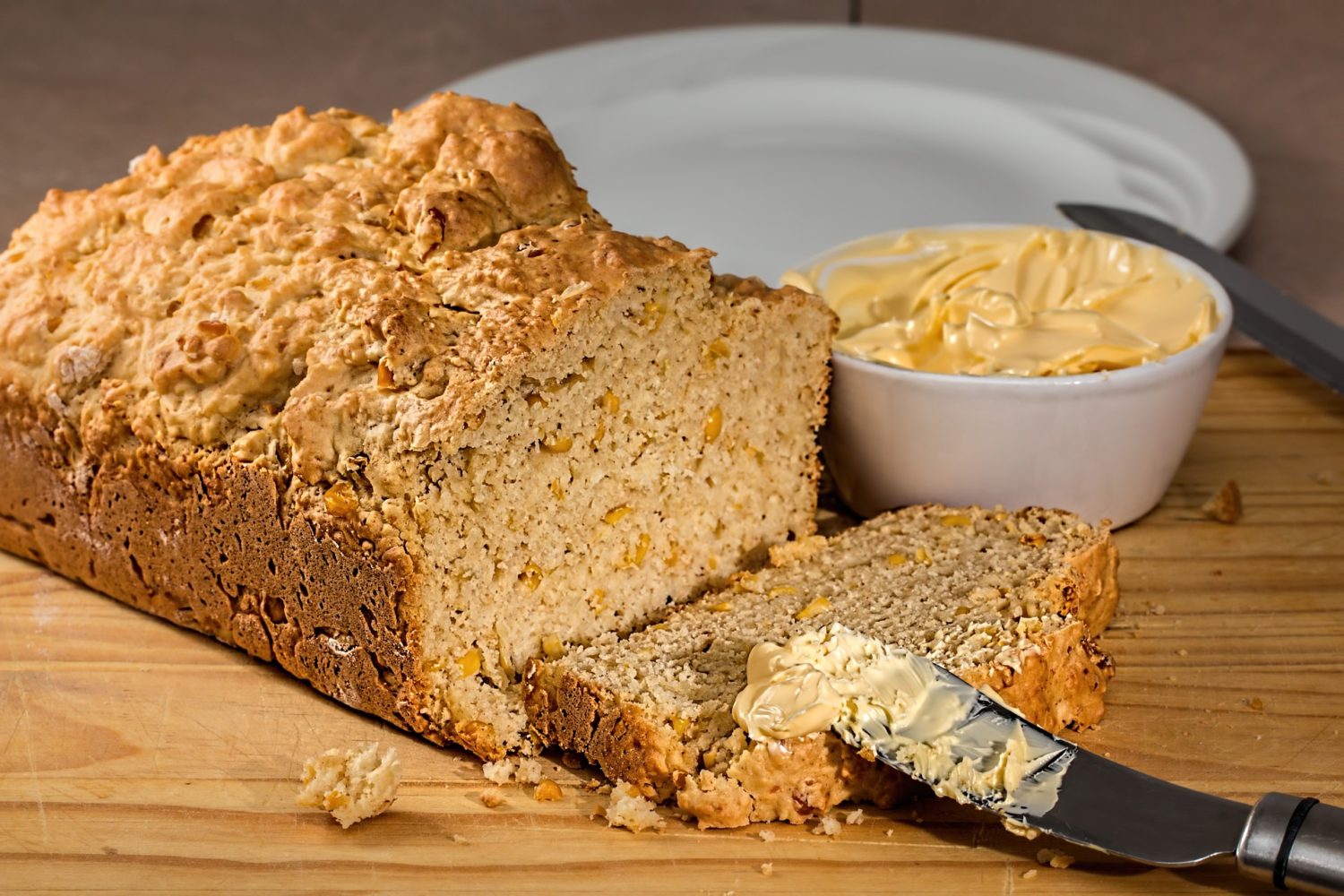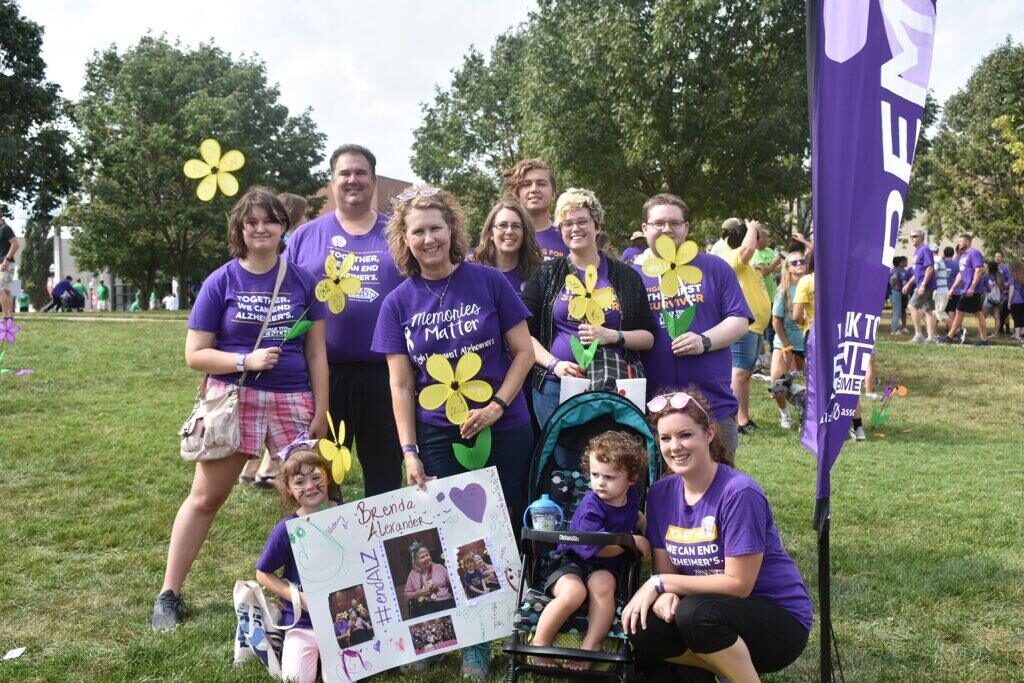Posted 10-14-19
I have been in a more reflective mood the last week or two as mom “celebrated” her year anniversary of being in full-time memory care. Thinking through (Friday) the hereditary nature of some forms of dementia made me even more reflective. I am just 17 years away from being the same age that mom was when she was first diagnosed with “a minor form of dementia” and my son is now 17. This makes a nice way for me to see the perspective. So, how should could we shoot to live if we have a good chance of getting this disease? While I am still a-wrastlin’ through this question myself after making an appointment with a geneticist, here are my tips when time starts ticking away:
- Get spiritually “healthy”. In Christianity, what does this look like? We throw up our arms of rebellion and honor the King…the one who died for us, in our place. Be sure…
- Get physically healthy. Remember this simple phrase if you remember anything: if it is good for the heart, it is good for the brain. Eat a Mediterranean diet. Exercise . Sleep at least 3 sleep cycles a day (at least 7-8 hours). Drink water. Stop smoking, vaping and/or chewing. Stop, or at least moderate, drinking alcohol. Do mentally stimulating activities.
- Get your family healthy. Strengthen your family. Spend time with them. Listen to them. Care for them. Hug them. Serve them. Love them.
- Get organized, digitally and on paper. While we are affording a great opportunity to store data in the cloud (Google Drive, One Drive, Drop Box and the like), it is also super important, even in the 21st century, to keep at least some paper or CD/DVD/USB drive backups. When a person dies, the social media and other tech giants, for better or worse, often find out and close accounts (somewhat rightfully so). I know of a person or two who lost a significant amount of important stuff that way. Account numbers/locations. Last directives. Passwords. Stories. Memories. Clean out that junky garage. Reduce the stuff…
- Get your friend relationships healthy. Strengthen your close circle of friends. Have some who are a more negative influence than you would like? Talk to them or phase them out. You will need these friends more than ever should you get the disease.
- Make a bucket list. Next: do it.
- Discuss the disease and your wishes with family. It is not helpful to say, as many, many are tempted to say, “Put a hole in my cranium if I get this disease”. They won’t and will be sad thinking about such. Instead discuss nursing homes and stay-at-home options.
- Forgive and move on…Have you been wronged? Forgive them. Just do it. Nothing shows Christ’s love like forgiving someone who doesn’t deserve it. The flip side: a bunch of sobering verses.
- Live your life well. Serve others. Be generous. Pray for others. Love others. Leave a legacy of love that will never go away.
- Dive in head first with your medical team, starting with your general physician. Discuss your family history. Discuss your fears. If you show any signs of dementia, tell them. Soon. There are medication classes that will extend the compatibly easier early stages if you catch them soon enough. Talk to your docs early and often. Get multiple opinions as you need to.
Life is so, so short. This list is good for all of us. Hop to it if you haven’t started and, if you have, comment below how you have made steps to change your future. 🙂
Update: Mom is still doing noticeably better. I posted a cute video of Facebook here. I am hoping we stay on this trajectory for a long time, but I am also realistic. Look forward to seeing her again soon.
#EndALZ



Thank You Mark for your posts.
Thank you for the encouraging comments and for all you have done over the years. I hope all is well. 🙂
This is a great list, Mark. You have gathered all the truly important things. Thank you for all the ways you make me think. Thank you for all the ways you share your pain with us.
Thank you very much! 🙂 More could always be said and, frankly, this is a list for everyone, not just those who struggle with this stinkin’ disease.